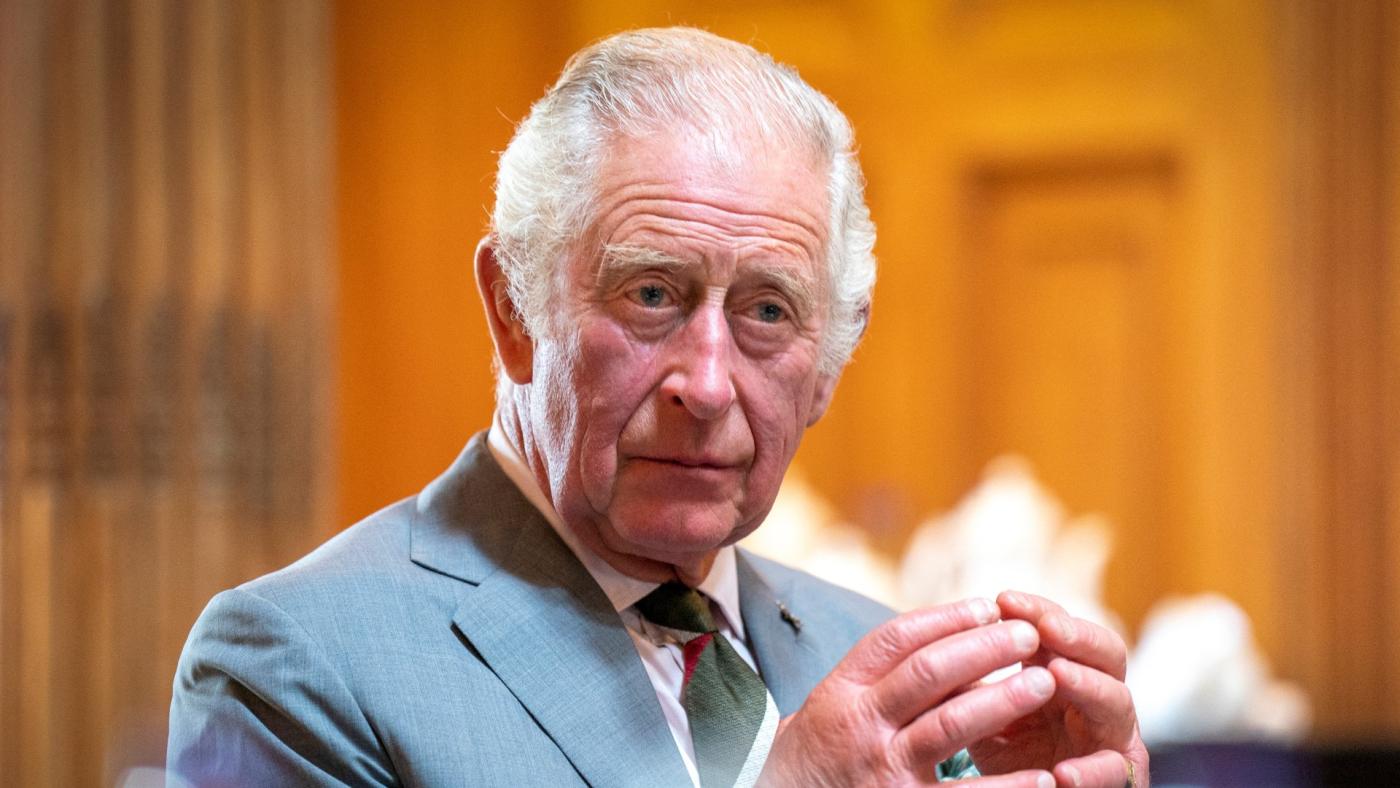NEW YORK — By the time a wayward kid from Long Island named Bryant Neal Vinas joined al-Qaida in 2008, the sight of trainees swinging from monkey bars was a thing of the past.
The Afghani terror camps had been replaced by safe houses tucked away in the border region of Pakistan — houses made of mud.
“There’s no carpet. There’s no wood floors,” Vinas told a Brooklyn jury on April 23. “Just mud.” Vinas’ description of the crude Waziristan hideout came during the trial of Adis Medujanin, a New York City man convicted last week in a foiled plot to attack the subway system in 2009. Prosecutors had accused Medunjanin of receiving terror training and instructions from al-Qaida in Pakistan during a trip with two former high school classmates who pleaded guilty.
At Medunjanin’s trial, jurors heard Vinas and another high-value government cooperator born in Great Britain, Saajid Badat, testify as expert witnesses. They provided an unprecedented, firsthand look at al-Qaida in the heady days following the Sept. 11 attacks and in more recent years as it struggled to survive.
The testimony also gave the U.S. attorney’s office in Brooklyn and British authorities a chance to show off two trophies in the civilian prosecution of terrorists — sworn enemies of America who, after their arrests, were persuaded to switch sides and tell everything they know.
Badat, 33, described growing disillusioned with al-Qaida. After hearing that admitted Sept. 11 mastermind Khalid Sheik Mohammed would face American justice, he said he “felt … almost a moral obligation to give evidence specifically against KSM.”






